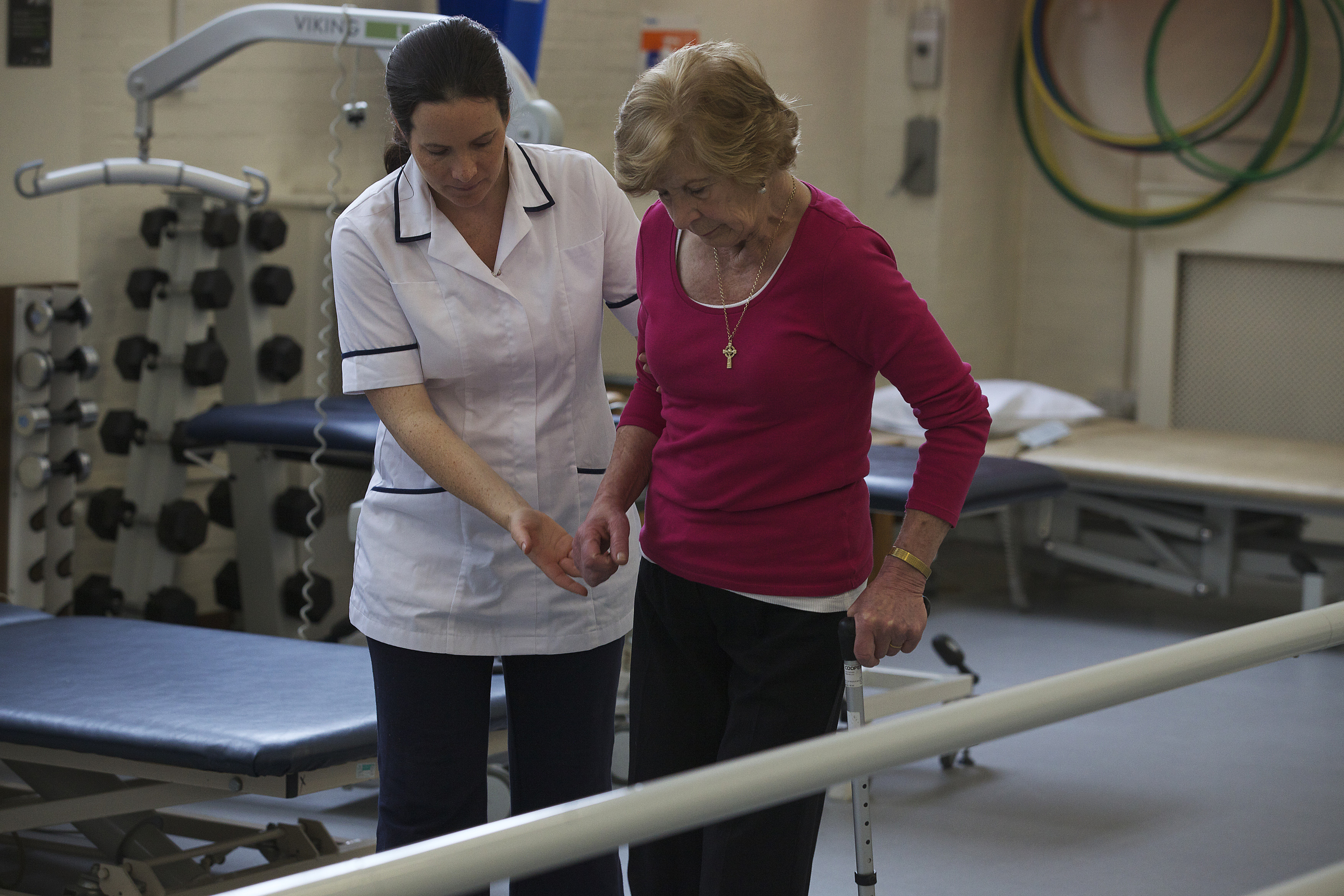
Today the Royal Society for Public Health and Public Health England published the results of our survey into how allied health professionals (AHP's) participate in healthy conversations with their clients.
The results show a promising engagement in public health with scope and interest to increase this further.
This report is timely because it demonstrates the commitment by AHPs to support the delivery of national outcomes for prevention outlined in NHS England's 5 Year Forward view and Public Health England's 'From evidence into action: opportunities to protect and improve the nation’s health. We found:
- Almost 9 in 10 (87.6%) survey participants agree that their role should include an element of prevention
- Over three quarters (76.0%) agree that their role does provide opportunities for healthy conversations
- Over four fifths of participants (81.8%) said that health improvement or preventing ill health was already incorporated into their daily practice
- Almost one third (31%) would feel comfortable discussing areas of health that do not relate to the condition their client is receiving care for, although for a significant proportion (35%) this would depend on the topic
- Almost 9 in 10 (86%) members of the public who responded to the survey would trust such advice if it came from AHPs. This compares favourably with other professionals including doctors, nurses and pharmacists
We know from other work exploring the implementation of making every contact count (MECC) that there are challenges, and AHPs highlighted several which need to be overcome to support them to have more healthy conversations.
These include developing their skills, knowledge and confidence, making the most of the time they have with their clients and improving their access to information about local services and community assets to support signposting.
Creating a method of bringing information about local services and community assets into one place will benefit the whole system. I was at a community engagement event run by PHE last week where we were discussing connectedness between community groups and statutory services.
Community and voluntary groups are providing excellent local services and are looking for clients / members whilst clinicians are looking for support services for their clients. Surely we just need a way of connecting these up?
Why is this an issue for AHPs? Well put yourself in the shoes of a busy frontline clinician. You have 20 or so minutes with each client and in that time you are required to put the client at ease, do an assessment based around their needs, jointly agree an action plan and then provide advice, support and/or therapy.
You are measured on the numbers of people you see and the clinical outcomes you achieve. The health issues being discussed invariably will have multiple contributing factors including social and emotional factors. Let’s consider a fictitious Mrs Jones being seen by a physiotherapist for joint pain.
While she needs immediate physiotherapy, this is a sticking plaster if she isn’t supported to lose weight. Her recent weight gain is because she has been comfort eating as a consequence of struggling to cope with many issues in her life, she is lonely and ‘feeling low’. In a scenario such as this, it’s important to address the root cause of Mrs Jones health problems not just the symptom.
If the physiotherapist is aware of the range of services available to Mrs Jones, they will be able to initiate a conversation about emotional wellbeing and offer appropriate support and / or referral to Mrs Jones. On the contrary if the therapist doesn’t have a good picture of local services, they may feel initiating a conversation about emotional wellbeing would be ‘opening a can of worms’ to which they don't have a solution and therefore Mrs Jones would not be given the opportunity she needs.
Making every contact count is essentially about raising a lifestyle issue in a non-judgemental relevant and opportunistic way providing brief advice and signposting to further support.
For busy clinicians easily accessible information on relevant local services is essential. With the best will in the world, frontline professionals don't have the capacity to research and keep up-to-date with the changing range of lifestyle health services available.
This is particularly true for staff who work in specialist centres or ambulance trusts covering wide geographical areas. In today's digital world we should be able to find solutions to this long-term challenge.
Despite these challenges there is a refreshing appetite amongst the AHP workforce to conduct healthy conversations with their clients.
With pressures on time, AHP's are making every second count by utilising their wider clinic space to help their clients to consider the benefits of lifestyle changes through prompts on posters and leaflets before having conversations as part of their consultations.
In the summer, PHE will be publishing a series of short videos showing AHPs modelling healthy conversations or MECC. We hope these will help to demystify MECC and help practitioners to see where they could incorporate healthy conversations into their day-to-day work.
